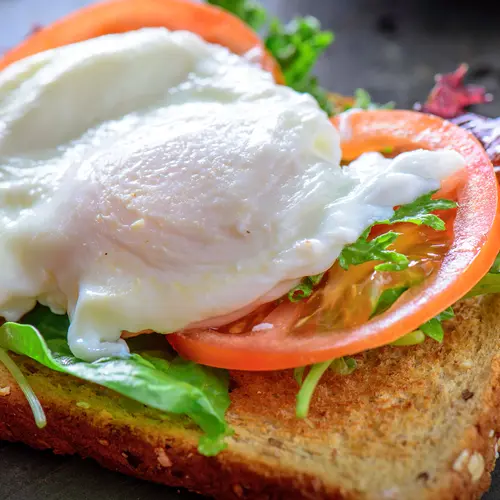Your doctor says you need to make some changes in your life, especially with your diet and exercise.
Perhaps you're wondering: Will it really make a difference? Do you really need to make those changes if you're taking medicine for your heart?
The answer is yes. Your lifestyle does matter -- a lot.
Try DASH or TLC
Your doctor, or a dietitian, should have given you guidelines for your diet. They may have mentioned DASH (Dietary Approaches to Stop Hypertension), which helps to lower blood pressure, or TLC (Therapeutic Lifestyle Changes), which focuses on lowering your cholesterol levels.
On either plan, you'll:
- Eat more fruits, vegetables, whole-grain foods, poultry, fish, and low-fat dairy products
- Eat less total fat, saturated fat, trans fat, and cholesterol
- Limit the amount of red meat, sweets, and sweetened beverages you eat
Another cornerstone is cutting back on salt.
Lowering the amount of salt you eat can help lower the amount of fluid your body holds onto. This lowers your blood pressure and makes it easier for your heart to do its work. Getting no more than 1,500 milligrams per day (about a quarter-teaspoon of table salt) helps the most.
Try these tips:
- Read labels. Look for "salt," "sodium," "sea salt," and "kosher salt."
- Rinse salty canned food such as tuna before using it.
- Substitute herbs and spices for sodium and salt when cooking.
- Avoid instant or flavored side dishes, which usually have a lot of added sodium. Instead, try cooking plain rice, pasta, or grains without adding salt. You can add other flavorings or a bit of salt when you serve them.
- Look for "low sodium" on food labels.
Exercise for a Healthy Heart
If you have heart disease, becoming more active is one of the best things you can do for yourself. It helps with your blood pressure and weight, and it makes your heart stronger.
Getting even as little as 30 minutes of moderate exercise on most days helps. You can do anything that makes your heart beat a little faster, whether it's walking, water aerobics, washing your car, or something else.
Before you start, check with your doctor to see if there are activities that aren't appropriate for you. Then choose activities that you enjoy and that you can work into your day.
You don't have to do the same thing every day. You might find it easier to stay motivated if you involve friends or family members in your activities.
What About Alcohol?
Is alcohol good or bad for you? That depends. Here's the bad side of alcohol use: Drinking too much alcohol can make heart disease worse. Alcohol can:
- Raise your blood pressure
- Increase your chances of stroke
- Increase your risk of dying if you have a heart attack
- Damage your heart muscle and lead to heart failure
On the other hand, moderate use of alcohol may have these two benefits:
- Lower your blood pressure two to four points
- Increase the levels of HDL good cholesterol in your blood
"Moderate" drinking means the following:
- No more than two drinks per day for men
- No more than one drink per day for women
If you don't drink now, health experts usually don't recommend that you start. Check with your doctor for advice that's specific to you. For some people, the potential problems from drinking may outweigh the possible advantages of moderate alcohol use.


